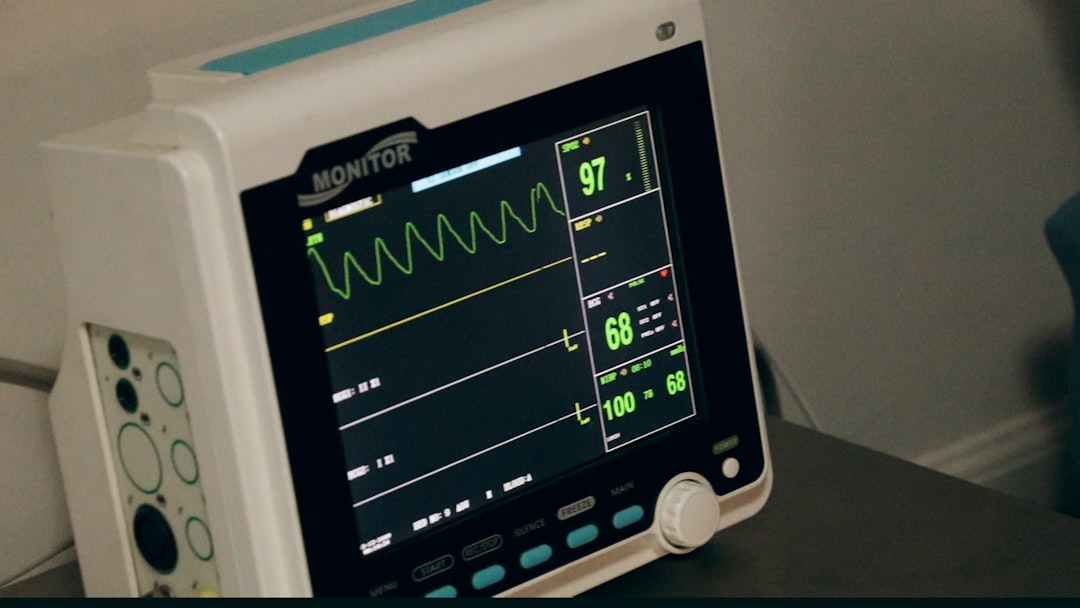What is it about?
Carrying the high-risk versions of the genetic variant rs6922269 in the MTHFD1L, a gene involved in folate metabolism, increases risk of death after an acute coronary event like a heart attack or unstable angina. Patients with the high-risk AA genotype of rs6922269 had poorer survival over a follow-up period of 4 years and lower active vitamin B12 levels at baseline in a group of patients recruited at two centres in New Zealand after admission for acute coronary syndromes (heart attack or unstable angina). The association with survival was not replicated in a separate post-myocardial infarction cohort.
Featured Image

Photo by Lesly Juarez on Unsplash
Why is it important?
The genetic variant rs6922269 has a strong association with survival in patients with established coronary artery disease. Replication of these findings and investigation of the mechanism of this link hold promise for prolonging life and improving quality of life after acute heart disease events.
Perspectives
This study was a major challenge to perform, but it does produce hints that better understanding of genetic risk factors and the complexities of folate intake and metabolism has potential to improve heart health.
Dr Barry Palmer
Massey University
Read the Original
This page is a summary of: Genetic Polymorphism rs6922269 in the MTHFD1L Gene Is Associated with Survival and Baseline Active Vitamin B12 Levels in Post-Acute Coronary Syndromes Patients, PLoS ONE, March 2014, PLOS,
DOI: 10.1371/journal.pone.0089029.
You can read the full text:
Contributors
The following have contributed to this page










